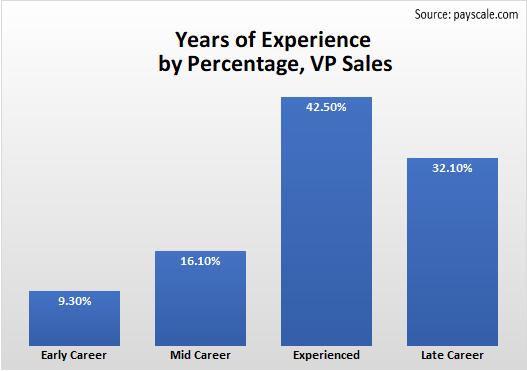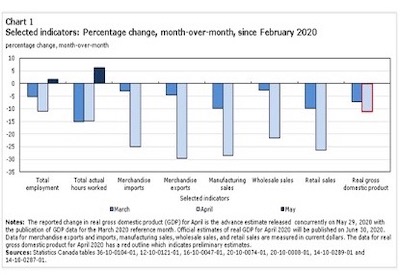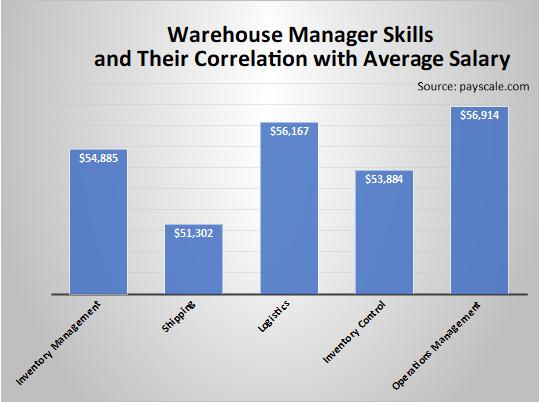Adapting to Change: The Evolution of Technology and Its Impact on the Workplace

January 15, 2018
By Jean-François Bourqui
The evolution of technology has all companies thinking about what they need to do to adapt and stay ahead of the curve. Those who choose not to adapt will be left behind by forward thinking companies, who are embracing change and reshaping their organizations, in order to deliver the best in class customer experience.
Nowadays, companies are looking at technological investments as the answer to internal obstacles they face by automating and streamlining processes, rather than looking at increasing employee headcount. The solution is often the implementation of upgraded software, programs or systems. Although investing in new technologies requires significant upfront investments, it almost always leads to improvements in efficiency and customers’ overall ease of doing business. The latter is a key indicator of augmenting one’s net promoter score, which is directly linked to success and return on investment that companies cannot ignore.
Since the dot.com era, we are living in an information/data driven society where the skillsets required in today’s workforce are changing the education, training and employment opportunities for the current generation and generations to come. The field of information technology is becoming more prevalent in one’s choice of education and expertise, as technology is now playing a more important role for companies.
I look at the movie theatre industry and some time ago, in order to purchase your movie ticket, you had to line up at the ticket booth where you were greeted and served by a representative. Fast forward years later, and self-serve ticket kiosks have now replaced most of these employees. In this example, the opportunity for employment has not only been reduced but replaced by one of a software programmer required to maintain and adapt functionality of these kiosks for years to come.
When it comes to technology, the sky is the limit. A good friend of mine started his own business 10 years ago creating and enhancing websites for small and medium-sized companies. Over the years, as technology has evolved, so have the services his business offers. They have now built and offer an e-commerce platform for customers that includes self-serve features and mobile app connectivity. The platform has the ability to bolt on to any ERP and CRM, system which makes it versatile and adaptable to any type of business. The company has grown from 2 to 17 employees because of the sheer volume of demand needed for this type of service.
It’s hard to keep up with advances in technology. There are two current trends that will no doubt continue to re-shape how companies adapt around the world:
• virtual reality (VR) and augmented reality (AR). Both are closely related, but VR is about creating entirely digital worlds whereas AR is about enhancing reality with digital content. In our industry, imagine a world where being at a trade show to tell your story and sell your product would require a pair of virtual reality glasses and gloves (rather than shipping multiple crates of product and equipment for set-up with several employees there to perform manual demos). Instantly, VR and AR would put your audience on a real life simulation of a jobsite to show how your product is used in a real life application. The key is that your audience would actually feel that they are on a jobsite through an interactive experience with a replication of real life sounds, vibration and human collaboration, delivering an enhanced and differentiated customer experience. Roomescapeottawa.com is an example of a company taking their business to the next level through VR and AR. They have now created a room where your experience is realized through an avatar of yourself. VR and AR are just in the infancy stages, but think about how it could impact and revolutionize industries like the home staging industry among many others.
• artificial intelligence (AI). Companies are using customer cookies/IP addresses (anonymous targeted information) to sell as re-marketing leads to other companies. Ever wonder when you are browsing the Internet why you see pop up adds for attractions, events and/or promotions at the same destination where you just booked a vacation days earlier? That’s AI working at its finest. Expedia is a good example of a company that has adapted to the evolution of technology and is using AI to its advantage. AI has now become a major revenue stream for Expedia, which allows their clients to use those relevant leads to zero in with targeted advertisement.
Companies will continue to use technology as a way to differentiate themselves and improve the customer experience they deliver in order to keep the revenue stream growing. So the big question for all of you out there, are you going to take the plunge and jump on this high speed technology train, or will you be left behind in the dust?
Jean-François Bourqui is a Regional Sales Manager for Southwire Canada. Jean-François graduated from the University of Ottawa with a Bachelor in Commerce specializing in International Management in 2006. He has spent his entire 10.5 year professional career with Southwire Canada working in various roles such as Account Manager, Sales/Pricing Analyst, Customer Service Manager and Outside Sales Representative.











